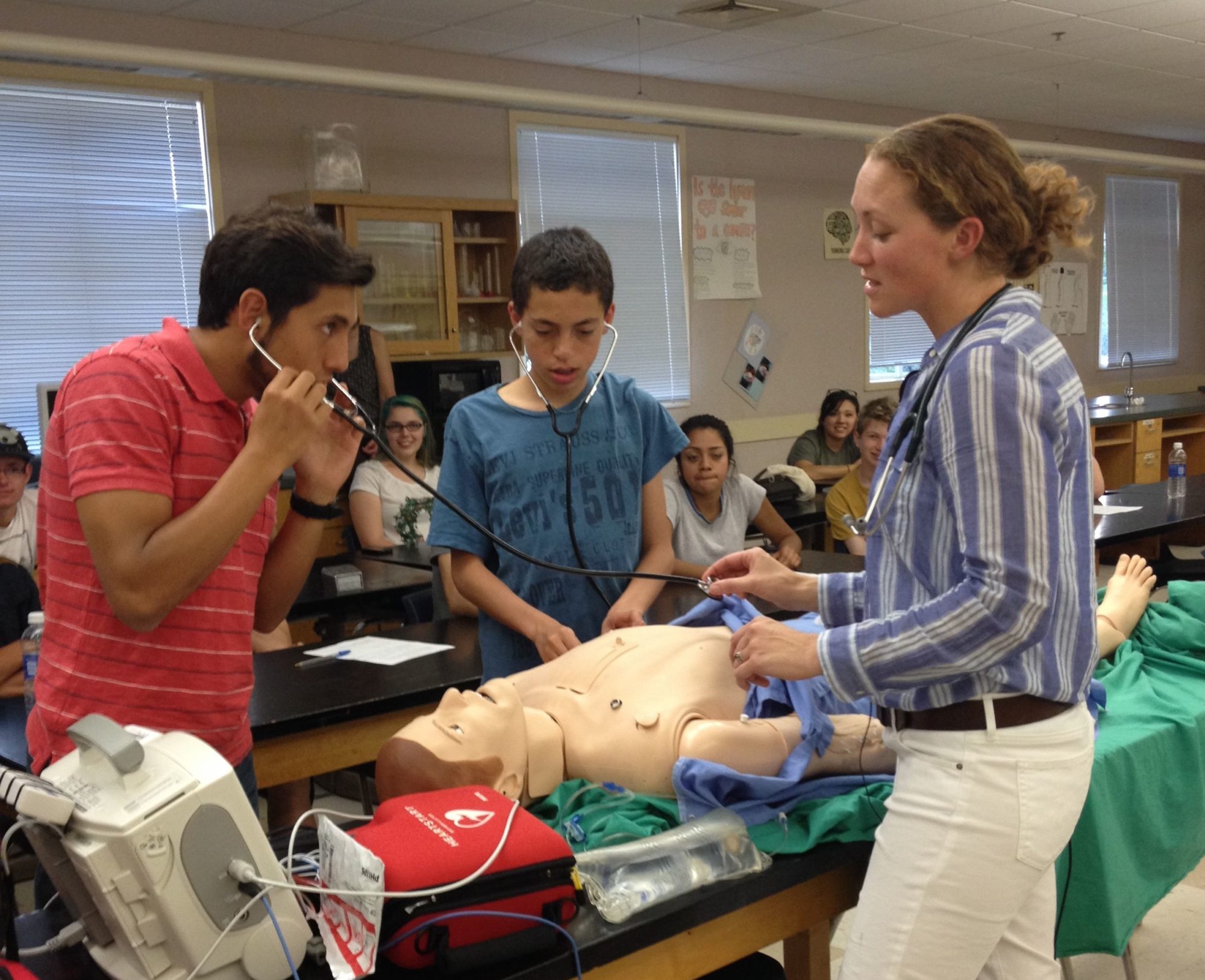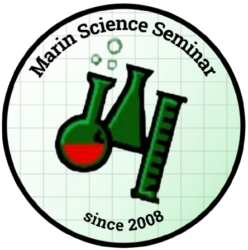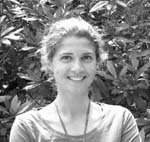Dr. Asyyed’s research interest is in the neurological processes of alcohol addiction. While at UCSF she was involved in two research projects. The first project was to study the effects of ethanol on CRE-mediated gene transcription in mice, using biochemical, behavioral and neuroanatomical techniques (Asyyed et., 2006). The second research project was to study candidate genes that may have a link with alcoholism (ADORA1, MOR and PKIB genes), using molecular biology and biochemical techniques.
4 Replies to “Feb. 4th: The neurological processes of alcohol addiction”
Comments are closed.



Wow. Fascinating, controversial topic, lots of great questions and discussion. Dr. Asyyed said that there is a genetic predisposition which causes one to have more or less of some chemical (Does anyone remember what this was? It become acetate.). This chemical helps you break down alcohol. Those with more of it are more likely to become alcoholics – perhaps because they can drink more before becoming drunk and so become attenuated to it. It’s all terribly complicated though, of course, and lots more research needs to be done to find out the exact process of addiction.
There was a lively debate over whether there is much personal choice involved in alcoholism. The speaker contended that, given exposure and opportunity (stress, peer pressure, etc.) one who becomes an alcoholic is just as guilty as one who becomes a diabetic. The addictive process for alcohol doesn’t trigger for all people. They are looking for the genetic markers which make some people more susceptible to this mental illness.
I never knew that alcohol was such a large problem amoung people. I knew that some people have problems with drinking, but I never knew that alcohol could directly lead to death (I know, I’m slow) I always thought it was alcohol that made you do stupid things resultin in death. Also, that a high percentage of kids start drinking in the 8th grade. I never even thought to get into the liquor cabnet. Never been something of interest to me yet obviously so many people think its cool. I also found it interesting that an alcoholic feels guilty and wants to stop, but can’t. Overall, this was a very interesting seminar and I hope to go to another like it.
For the most part, I found the seminar very interesting. It did feel as though Dr. Asyyed had prepared the first half of her presentation specifically for teenagers. We heard the teenage drinking statistics in freshman health class. Once she got into the science of it, however, the presentation was very fascinating. I wish there had been more time for her explain her particular research. I tried asking during the presentation, and again afterwards, but because of time constraint, she could not fully explain what it is she does.
I found the information about the processes addiction very interesting. From the reason some become addicted more easily than others(the chemical Alfia mentioned… I can’t remember what its called either) to how addiction actually works (alcohol mimics GABA, a relaxing enzyme(?) and uses its receptors, causing the body to stop production of GABA), that part of the lecture was great. I also enjoyed talking to Dr. Asyyed after her presentation worthwhile. She was a lot more open and explained her lecture more clearly.
Overall, it was a great lecture, and I will try to make time to go to future ones.
I thought this seminar was quite interesting. I knew alcohol led to severe mental and physical problems, but never knew it caused death. Also, the process of alcohol affecting your brain fascinated me. The fact that alcohol can kill you frightened. As Marin County being the #1 county in the United States for under-age alcohol drinking, I think all of us should be more cautious of what actions we take.